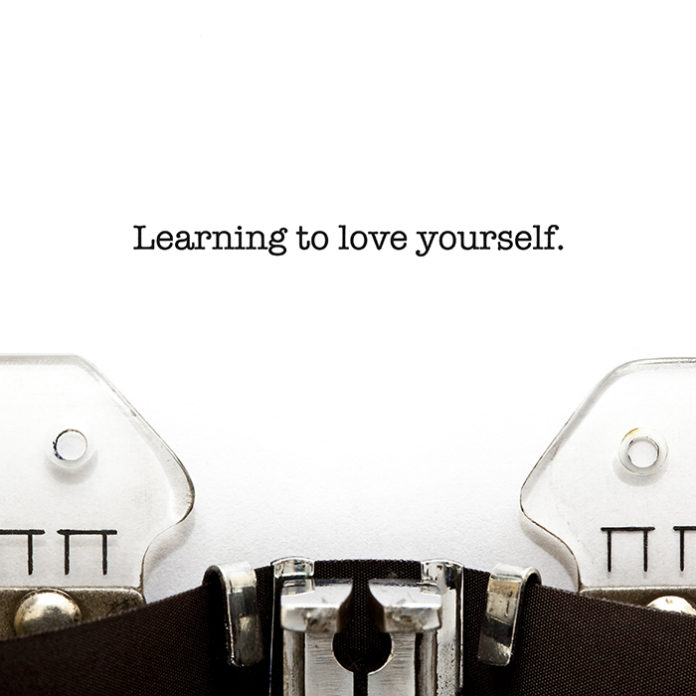
Anyone who’s ever driven on the roads of South Africa will know what it feels like to contend with the drama that comes from sharing the space with a special group of people called taxi drivers. Most of them (not all, lest I be guilty of generalizing) feel they can do what they want, change lanes when they want to and sometimes go through traffic lights, regardless of what colour is showing. Having had the opportunity to drive in Zimbabwe, Kenya, Uganda and Nigeria, I can safely say that the story is similar in those countries too.
A couple of years ago, while championing a major operation to ensure and improve good road practices and safety on the highways, I heard the then South African Minister of Transport, S’bu Ndebele, criticize the behaviour of taxi drivers and blame it on their low self-esteem. I found the statement to be outrageously funny at the time and didn’t quite understand what he meant. Well, years have gone by now and I think I have made sense of what he may have been talking about: a great number of our actions, good or bad, are influenced by the way we see ourselves.
During a recent campaign, the 1Africa team came across an organization that taught us a new term which is probably really appropriate for this post: ‘acting out behaviours’. It’s quite possible that when we have been hurt or have not come to a place of fully accepting ourselves, we do certain things either as a way of getting the attention we need or expressing the frustration we feel that we don’t have that attention.
If you often find yourself doing certain things that seem ‘weird’ even to you, maybe it’s time for a reality check. You may realize that you don’t appreciate yourself and love yourself as much you should.
Why is it important to love yourself? Doesn’t that end up just promoting egocentric living? The answer is no. If we have a positive esteem of ourselves, it makes us far better able to extend love to others in an equally healthy way. You can’t give what you don’t have within you to give.
The foundation of true, healthy ‘self-love’ is in understanding that we are loved by a Creator who has always been willing to tell us, in various ways, that we are loved. By embracing this unconditional love that he has to offer us, we realize who we are and the value we have and we, in turn, can love others. That’s how it’s supposed to work. We’d love for you to make a decision to accept this love and know it for yourself. One way you can do so right here is to click on the banner below.
You are a masterpiece and don’t let anyone tell you otherwise.
